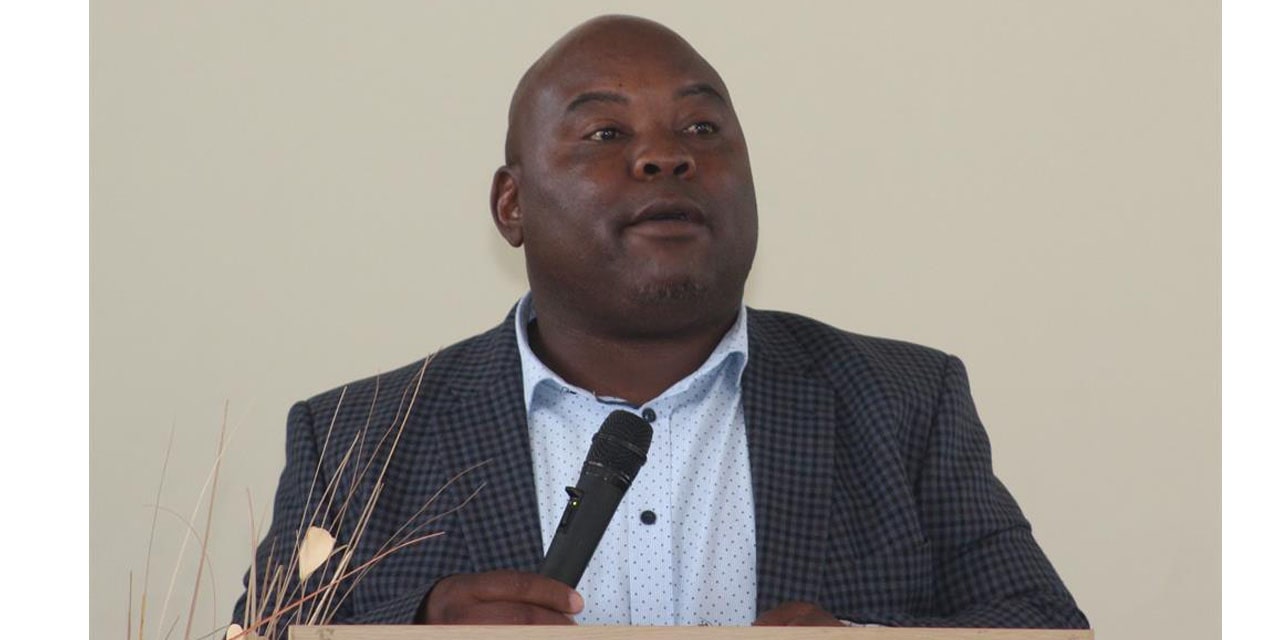Eba Kandovazu
UNIVERSITY students and learners alike from Aminuis constituency in the Omaheke region will no longer have to travel to Gobabis for internet services, following the establishment of an Internet Café at Onderompapa village in November last year.
The Café is owned by Ivy Rijarua (50), a former employee of the liquidated national airline, Air Namibia. Rijarua says although she left the company before its liquidation, she invested her retirement money to enhance the living standards of locals in Aminuis. Aminuis Constituency Councilor, Peter Kazongominja, applauds the initiative adding that people had to travel as far as 115 kilometres to Gobabis for the nearest internet services.
“Traveling there was the only way. Students, learners and people in general had no other choice. It was challenging because with the pandemic and the shift to online learning, internet services have become a need for our community. Students can now come and study here and do their assignments. This initiative has really come to our aid and it is highly appreciated,” Kazongominja says.
Rijarua on her part maintains that for a long time she has observed a lack of Information Communication Technology in her area, adding that the Café is another way of ploughing back into the community, as an inhabitant of Otjituve settlement.
“Apart from the constitutency councilor and traditional leaders requesting investors and entrepreneurs to bring more development to Onderombapa for its upgrade, it is ideally located as it serves more than 20 surrounding settlements. It has a clinic, hosts numerous livestock auctions every month, has more than ten small and medium enterprises and hosts expos, horses and sport tournaments as well as music shows,” Rijarua says.
The Executive Director in the Ministry of Information and Communication Technology, Mbeuta Ua Ndjarakana, also welcomes the initiative, adding that it is one that meets government halfway in its efforts to provide accessible and affordable ICT services.
“It is a quest the ministry had adequately called resources for but in vain. Denying ICT services to the majority of Namibians found in semi urban and remote areas is an injustice as it stifles citizens of the right to information and communication. It is a citizens disempowering element,” Ua Ndjarakana says.
He adds that despite the ministry’s poor resourcing, they have achieved awareness and unlocked the potential there is in society particularly among the young population of the country.
“Therefore, we may call not only for government but in some large measure the private and corporate sectors,” he stresses.
Rijarua explains although a number of people have smartphones, a vast number of less privileged people do not possess smartphones and as such experience technical issues.
“Learners can make passport photos, a lecturer working from home or the village can come and conduct classes at the Café at quiet and comfortable environment. Livestock permits for auctions or transportation can be emailed and printed or farmers log into NAMLITS to register their tags. Has immense potential to improve capacity building of individuals in the remote areas through teaching and learning online,” Rijarua states.
Adding that more than five customers walk into the on the Café daily, and the customer base is increasing at an impressive level since its opening last November.




